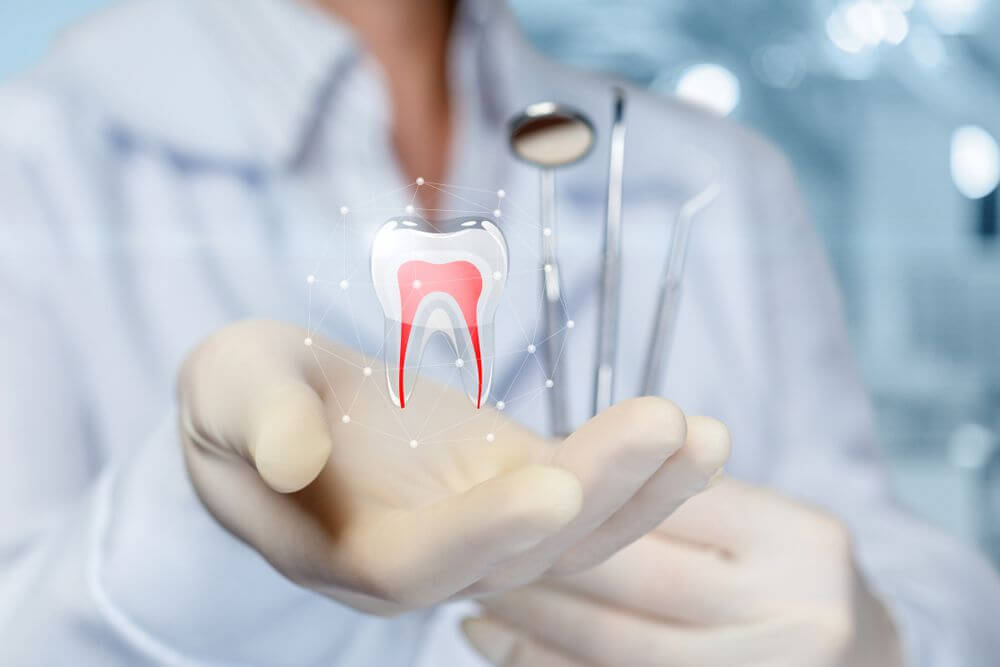
Achieving Optimal Tooth Well-being: A Comprehensive Guide
Maintaining optimal tooth well-being is a cornerstone of overall health, impacting everything from digestion to confidence. In this comprehensive guide, we’ll explore key practices and habits that contribute to healthy teeth and gums, ensuring a radiant smile and well-being.
1. The Foundation of Dental Health: Daily Oral Care Rituals
The journey to optimal tooth well-being begins with daily oral care rituals. Brushing your teeth at least twice a day using fluoride toothpaste helps remove plaque and prevent cavities. Don’t forget to floss to clean between teeth and gums, reaching areas that a toothbrush might miss. These simple habits lay the foundation for a healthy smile.
2. Mindful Nutrition: Fueling Dental Health
What you eat significantly impacts your dental well-being. A balanced diet rich in calcium, phosphorus, and vitamins strengthens teeth and supports gum health. Incorporate dairy products, leafy greens, and crunchy fruits and vegetables into your diet for a tooth-friendly nutritional boost.
3. Regular Dental Check-ups: Preventive Measures for Well-being
Routine dental check-ups are crucial for maintaining tooth well-being. Regular visits to your dentist help identify and address potential issues before they escalate. Professional cleanings remove plaque and tartar buildup, contributing to a healthy oral environment and preventing common dental problems.
4. Hydration for Oral Health: Water as a Key Player
Staying hydrated is not only essential for overall health but also for tooth well-being. Water helps rinse away food particles, bacteria, and acids that can contribute to tooth decay. Opt for water over sugary or acidic beverages to promote a hydrated and healthy mouth.
5. Avoiding Harmful Habits: A Pledge to Well-being
Certain habits can compromise tooth well-being. Avoid tobacco use, as it not only stains teeth but also contributes to gum disease and oral cancer. Limiting alcohol consumption and avoiding excessive sugar intake are additional steps toward promoting optimal dental health.
6. Protective Measures: Guards and Mouthwashes
In some situations, protective measures can enhance tooth well-being. Mouthguards are essential for individuals engaged in contact sports to prevent dental injuries. Additionally, using fluoride mouthwashes can provide an extra layer of protection against cavities and strengthen tooth enamel.
7. Addressing Tooth Sensitivity: Signals of Oral Health
Tooth sensitivity can be a signal of underlying oral health issues. If you experience discomfort or pain while eating or drinking hot or cold items, it’s essential to address it promptly. Consulting with your dentist can help identify the cause and determine the best course of action for maintaining tooth well-being.
8. Oral Hygiene for All Ages: Tailoring Practices
Oral care needs evolve with age, emphasizing the importance of tailoring practices to different life stages. From teaching children proper brushing techniques to addressing specific dental concerns in older adults, a lifetime commitment to oral hygiene contributes to sustained tooth well-being.
9. Holistic Approaches: Stress and Oral Health Connection
Surprisingly, stress can impact tooth well-being. Conditions like teeth grinding (bruxism) and temporomandibular joint (TMJ) disorders are often linked to stress. Incorporating stress management techniques, such as meditation or yoga, into your routine can positively influence your oral health.
10. Embracing Technology: Innovations for Well-being
Advancements in dental technology offer innovative solutions for tooth well-being. From electric toothbrushes that optimize cleaning to digital imaging for precise diagnostics, embracing these technological advances can complement traditional oral care practices and enhance overall dental health.
For additional insights and tips on achieving optimal tooth well-being, consider exploring the resources available at Tooth Well-being. This platform provides valuable information and guidance to support your journey towards maintaining a healthy and radiant smile. Commit to these practices, and let your teeth shine as a testament to your overall well-being.

